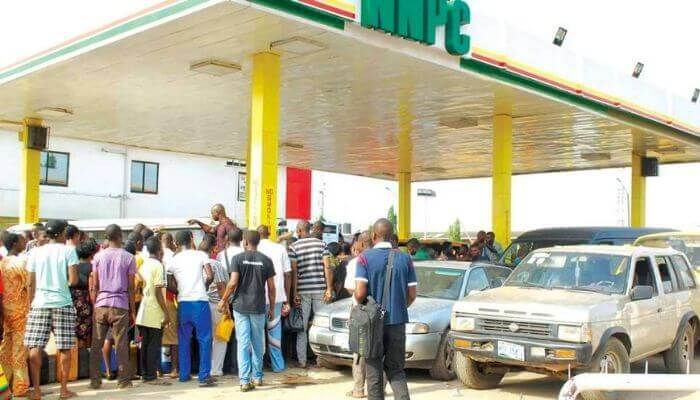
The National Bureau of Statistics (NBS) has reported a sharp rise in the average retail price of Premium Motor Spirit (PMS), commonly known as petrol. In September 2024, the price surged to ₦1,030.46 per litre, marking a significant increase. This information was detailed in the NBS report titled “Premium Motor Spirit (Petrol) Price Watch (September 2024),” released on October 17, 2024.
According to the report, there has been a 64.5% increase compared to the ₦626.21 recorded in September 2023. Moreover, the price jumped by 24.08% from August 2024, where the average stood at ₦830.46 per litre. Among the states, Katsina had the highest average retail price at ₦1,096.15 per litre, followed by Ebonyi at ₦1,090.94, and Akwa Ibom at ₦1,085.71. On the lower end, Yobe, Sokoto, and Kebbi recorded the lowest prices at ₦939.38, ₦961.67, and ₦986.67, respectively.
When broken down by regions, the North-West Zone led with the highest average price of ₦1,036.52, while the North-East had the lowest at ₦1,014.55. The increase comes on the heels of an earlier price hike on October 9, when the Nigerian National Petroleum Company (NNPC) raised petrol prices to ₦998 per litre in Lagos and ₦1,003 per litre in Abuja.
The Nigeria Labour Congress (NLC) has condemned the price increase, arguing it undermines the newly approved ₦70,000 minimum wage. However, the Minister of State for Labour and Employment, Nkeiruka Onyejeocha, defended the move by President Bola Tinubu’s administration to end fuel subsidies, claiming it was in the country’s best interest. Speaking in her hometown, Isuochi, in Abia State on Thursday, Onyejeocha stated that the government could no longer afford to fund subsidies for services not provided.
She further explained that the Nigerian National Petroleum Company Limited (NNPCL) had not contributed to the 2024 national budget, strengthening her case for the subsidy’s removal. Despite the current economic hardship, Onyejeocha reassured Nigerians that they would soon benefit from the removal of fuel subsidies. She also expressed optimism that ongoing talks between the Federal Government and organized labour would help avert potential strikes, leading to favorable outcomes for all parties.
Additionally, the Federal Government has declared the complete termination of fuel and foreign exchange subsidies in Nigeria. This was confirmed by the Minister of Finance and Coordinating Minister of the Economy, Wale Edun, during the presentation of the Nigeria Development Update by the World Bank on October 17, 2024, in Abuja. Edun explained that the removal of subsidies was essential due to the unsustainable costs involved.
According to Edun, the subsidies had drained over N10 trillion from Nigeria’s economy, equivalent to 5% of the country’s Gross Domestic Product (GDP). He applauded President Tinubu’s administration for ending the subsidy regime, which had persisted for more than 40 years. While acknowledging the challenges and hardships that come with such reforms, Edun emphasized the long-term benefits that these bold steps would bring to Nigeria.
For further updates, join our WhatsApp channel here: https://whatsapp.com/channel/0029VabITrvEAKW7DSkTfP0